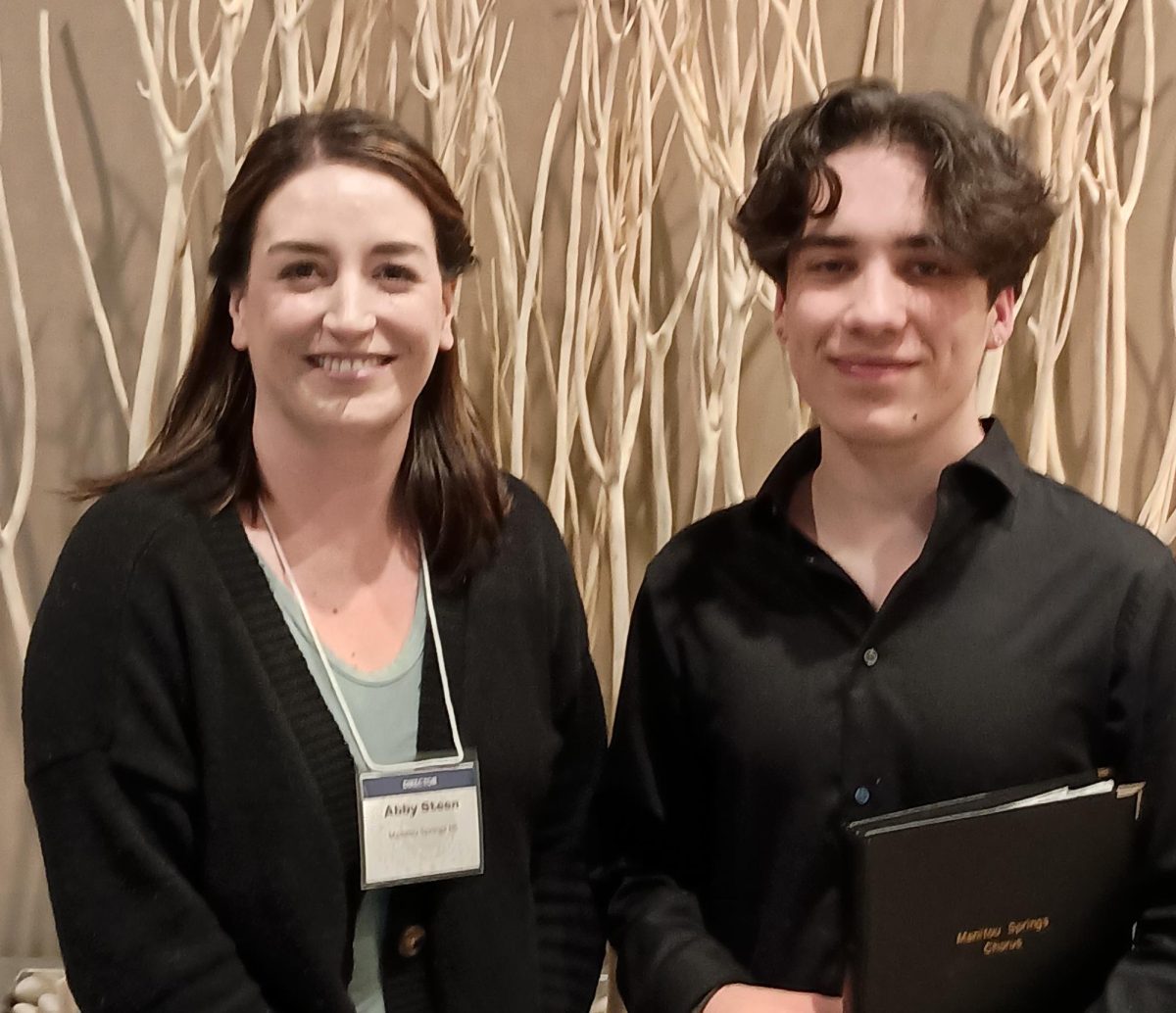If The Book Thief and To Kill a Mockingbird were somehow to hook up and create a book baby of their own, I suspect that book would be somewhat similar to The Vanishing of Katharina Linden. Helen Grant’s debut novel is a murder mystery set in a small German town, told through the eyes of a child. It is well written, suspenseful, and engaging—not what I was expecting but very welcome, nevertheless.
Pia Kolvenbach is ten years old when Katharina Linden disappears during the town’s annual Karneval parade. Over the next year, two more girls disappear as well, causing much uproar and panic among the locals. Most point fingers to Herr Düster, a reclusive old man who’s famous for his longstanding feud with his brother, Herr Schiller. Pia, together with her friend Stefan, attempt to find the truth behind the disappearances, and end up learning more about their town’s old secrets than they wanted to know.

As I said, The Vanishing of Katharina Linden is remarkably similar to To Kill a Mockingbird as far as a young narrator, small town setting, and mob mentality go. I wouldn’t say, however, that Grant obviously and blatantly borrowed from Harper Lee. Rather, this is a novel that complements the other, and it’s nice to notice the similarities and say, “oh, I see what’s happening here.”
Though Pia is ten years old at the time the novel takes place, in 1998, this is narrated first person in hindsight, so there’s definitely a very mature, contemplative tone to this book. And as older-Pia is much more able to understand her motivations and actions as a child, I feel that it was easier to follow along with things and not feel as if I was reading a book below my reading level. I also appreciated the complex situations Pia was dealing with inside her home, as well as outside. The Kolvenbachs are not a perfect family, and their issues were somewhat emotional and certainly realistic, and not all of Pia’s parents’ problems were resolved by the time I hit the final sentence. That added a hint of bittersweet realism to this book that I loved.
As far as the mystery itself goes—I personally thought it was cleverly done. Much of the tension in The Vanishing of Katharina Linden comes from the fact that Pia, at ten, is convinced that supernatural forces are at work in the town. At every twist, I expected a ghost or witch to jump out and steal Pia away to the nearby ruins of a castle. Added to the already perplexing mystery, that childlike belief in unseen evil was brilliant, and when the Boo Radley-esque conclusion did come, I was thrown off a little. (Obviously, being surprised in a mystery is a good thing.)
I also was really impressed with this book’s setting—and this is where The Book Thief similarities come in. Bad Münstereifel is a small, gossipy German town, populated with eccentrics and unique characters. As Pia searches for answers, the reader is able to interact with some of the town’s citizens, and I loved the whimsical feel Grant was able to give the place and time.
As far as negatives go, I must confess that The Vanishing of Katharina Linden takes a while to warm up to. Grant’s prose is pretty dense and not exactly captivating, and for the first hundred pages or so I struggled to keep my attention focused on the story and characters. As you warm up to Pia and get invested in the mystery, though, I think things do get better, and I did come to enjoy Pia’s wise, slow-moving narration in the end.
Overall, The Vanishing of Katharina Linden is an introspective, charming mystery. In choosing a ten year-old girl to be her narrator, I think Helen Grant made a wise choice, and I was very much impressed with the way she wove folklore and suspense into one cohesive novel.
By Renae Musekamp
This book review was originally published at Respiring Thoughts on Feb. 11, 2013.





































